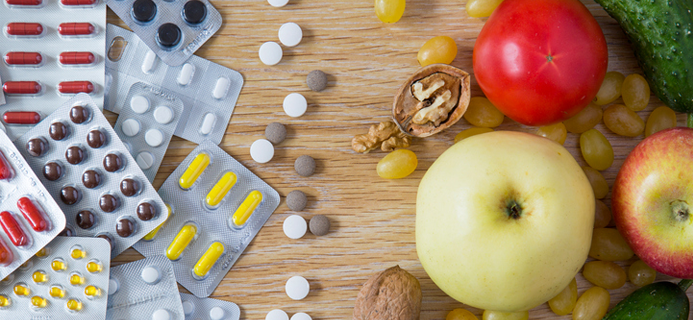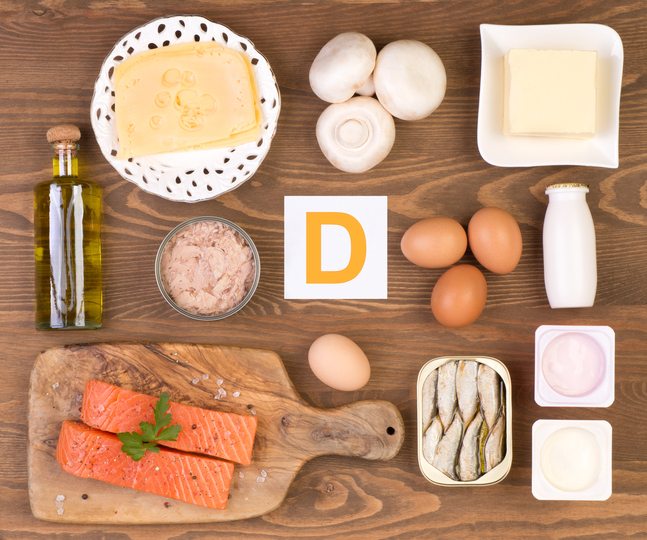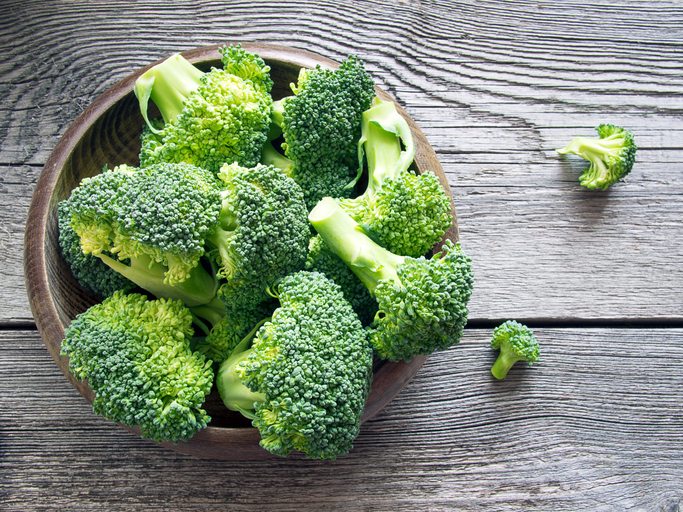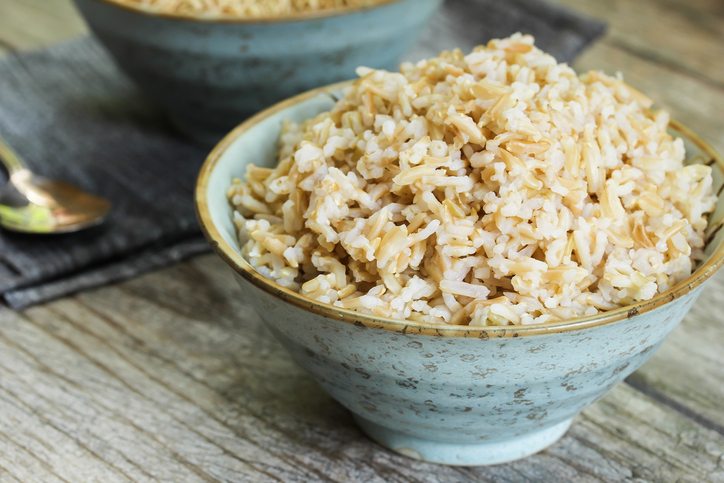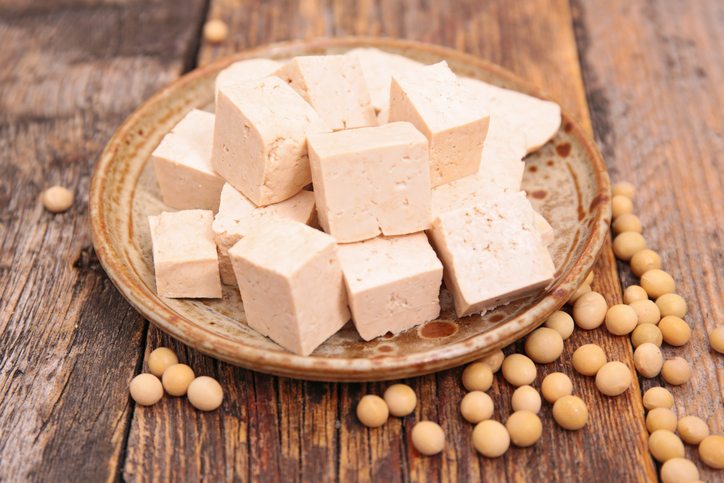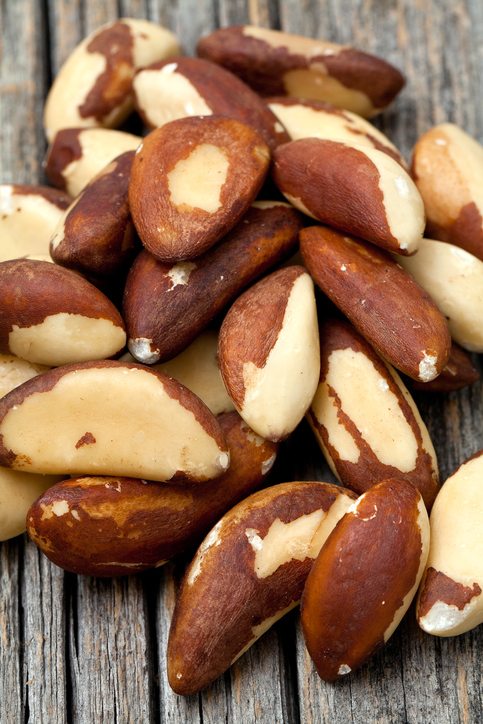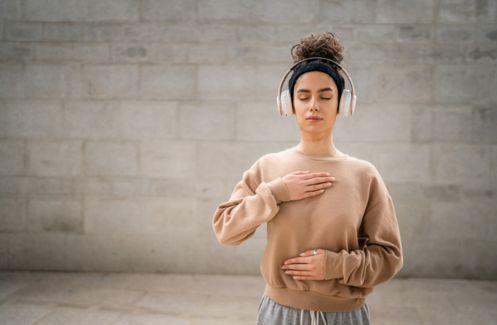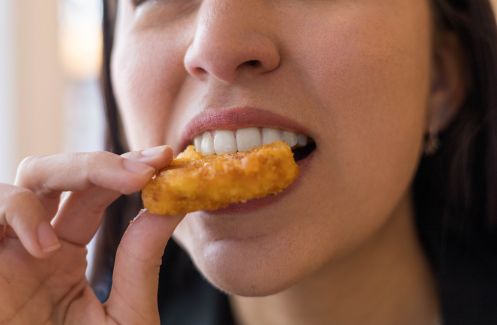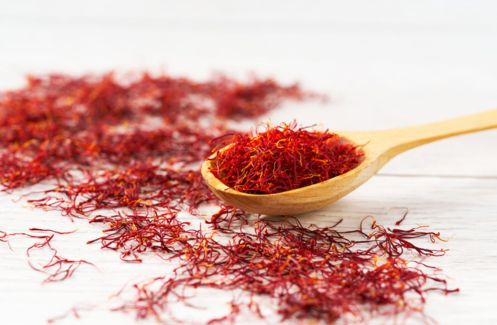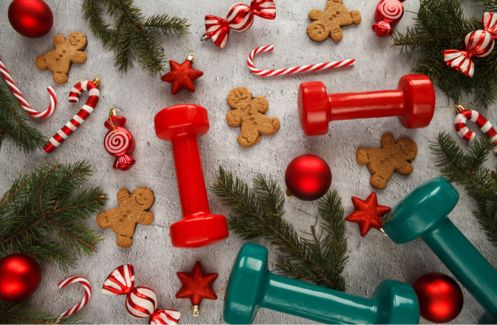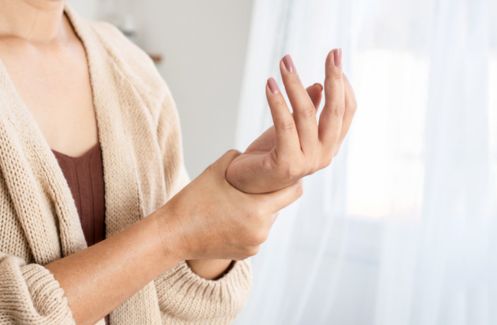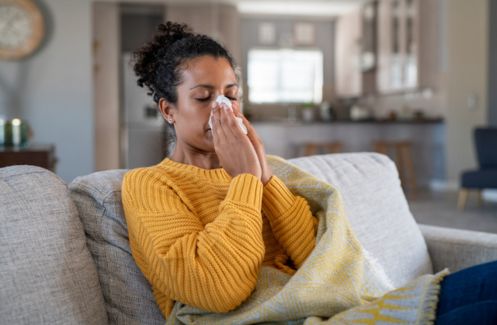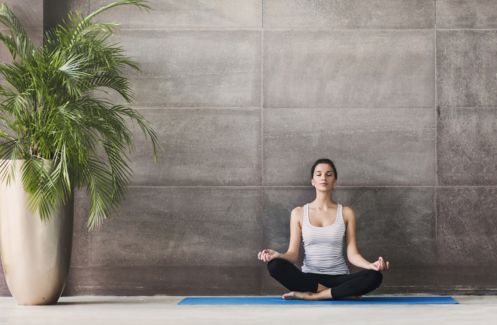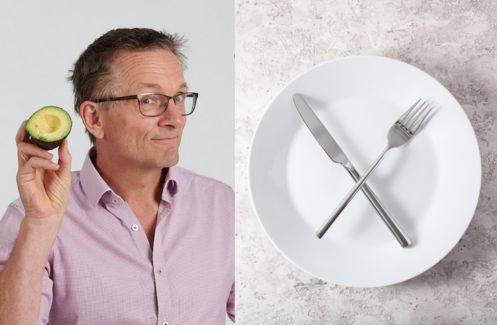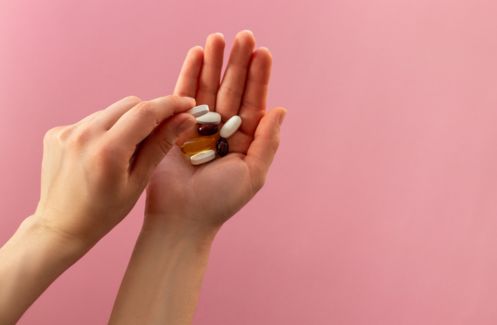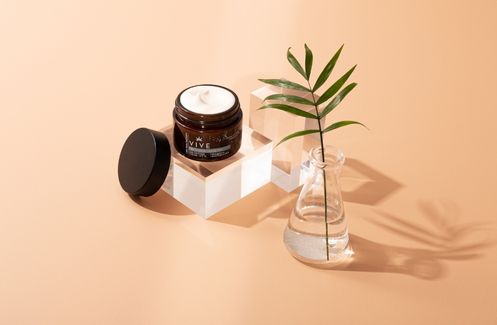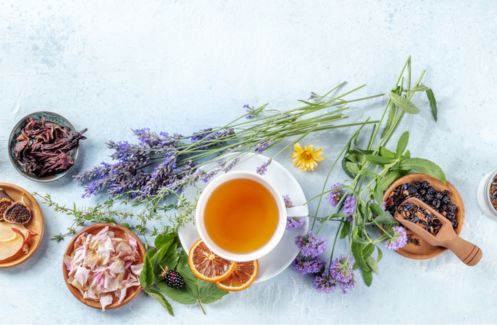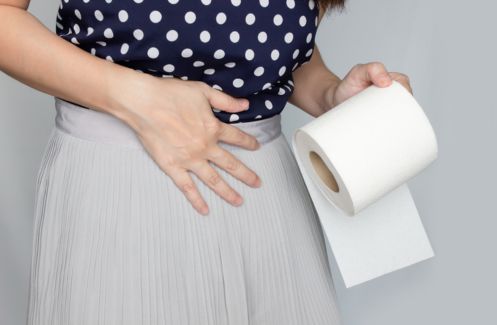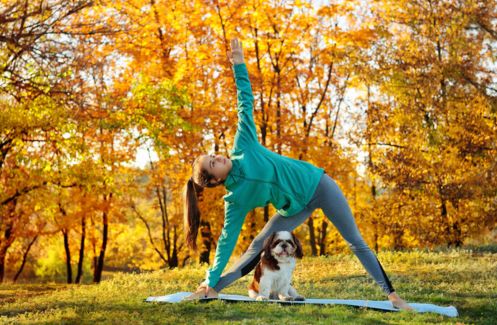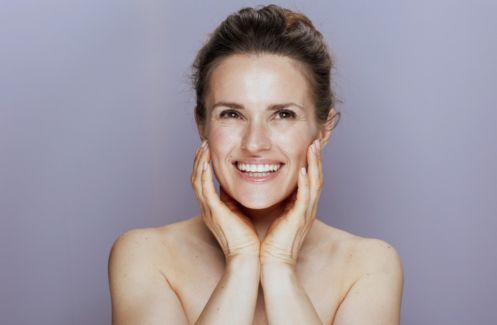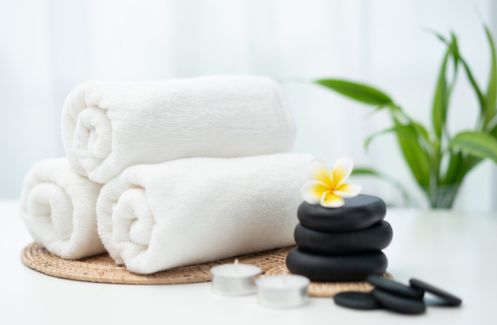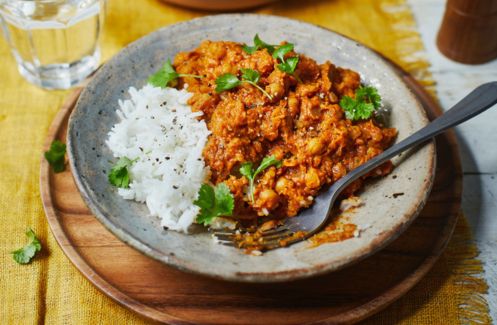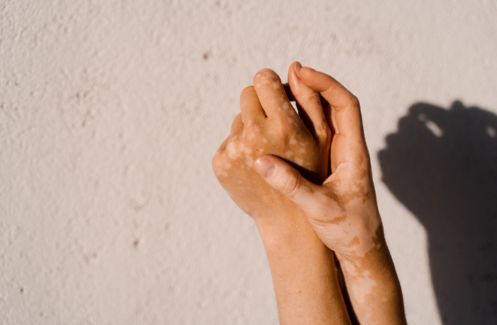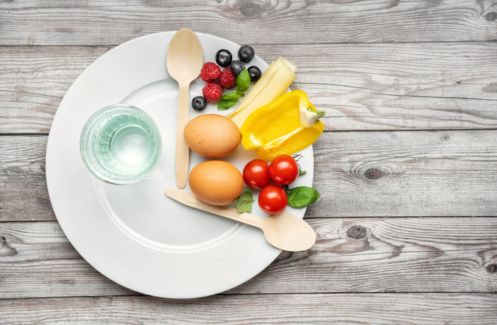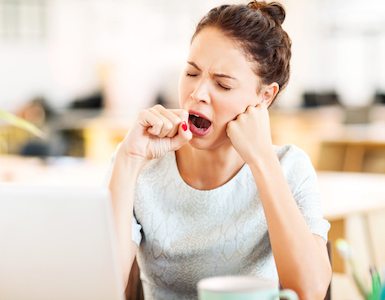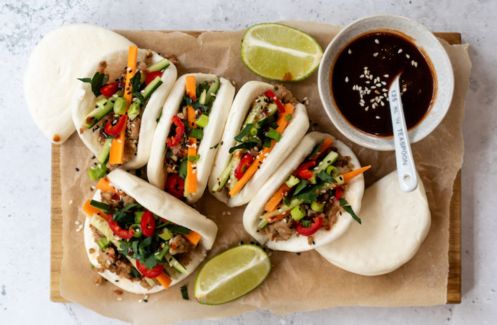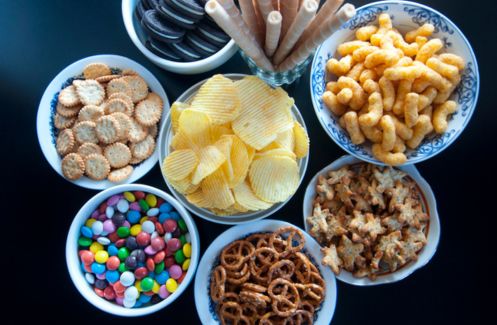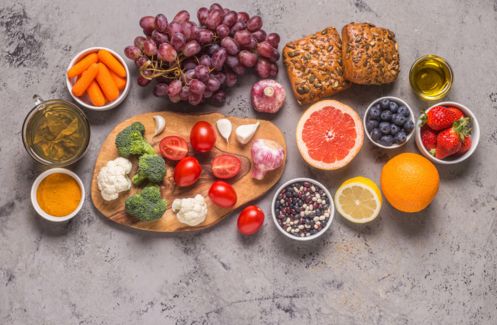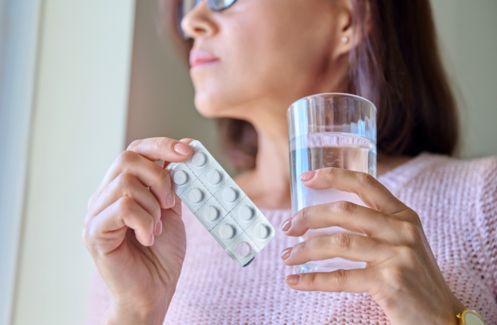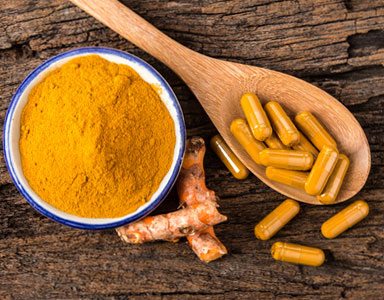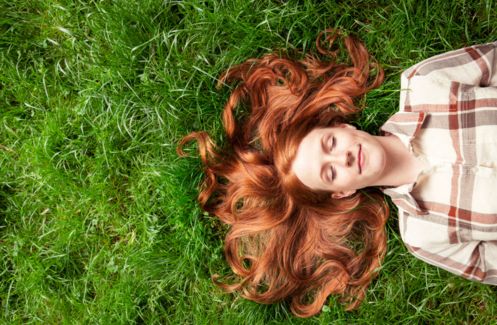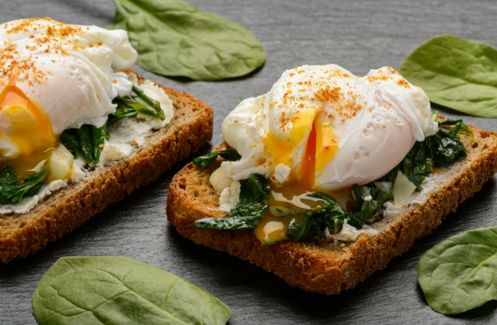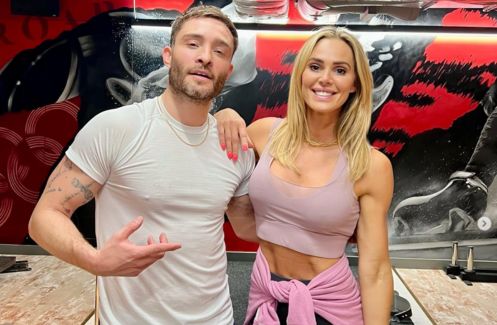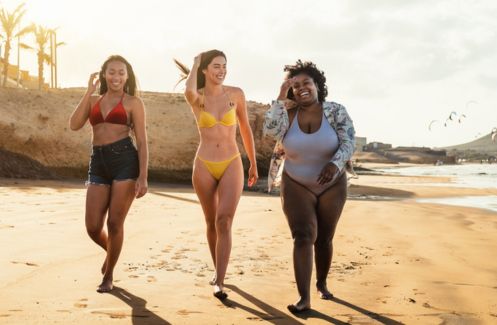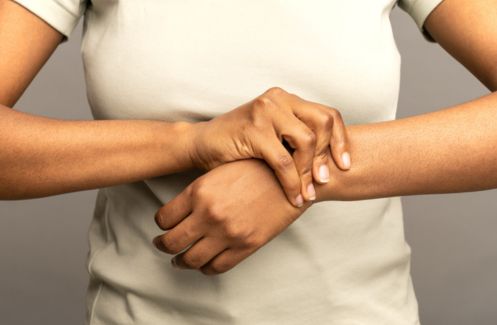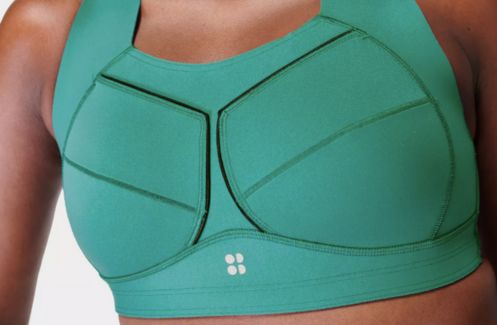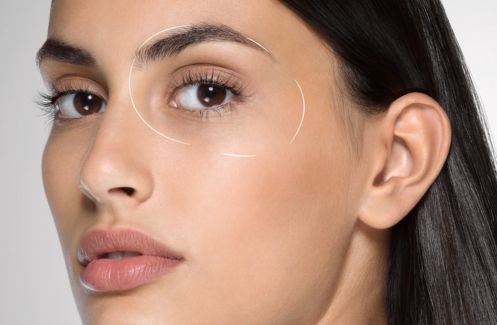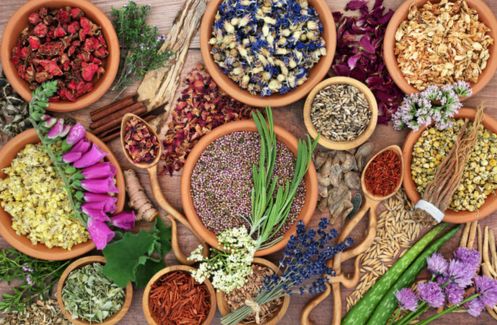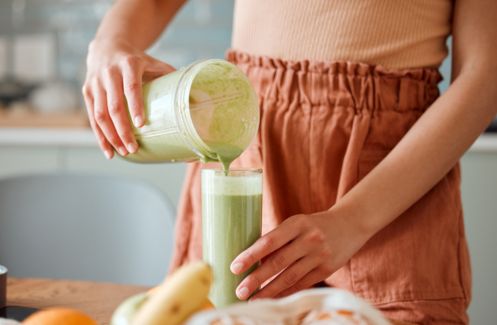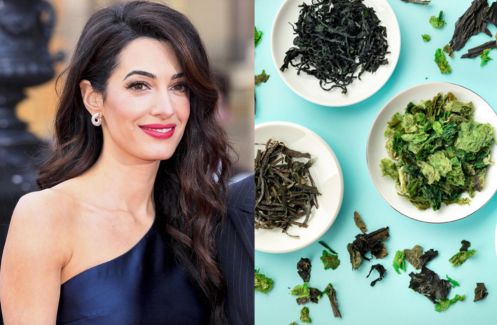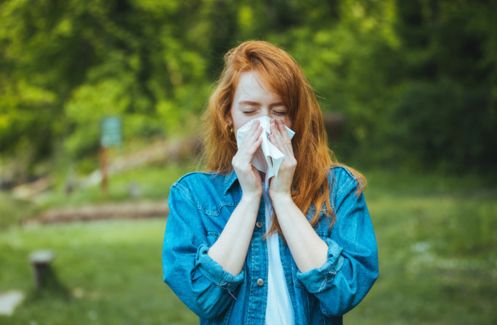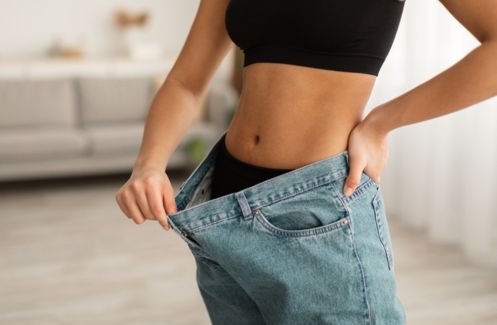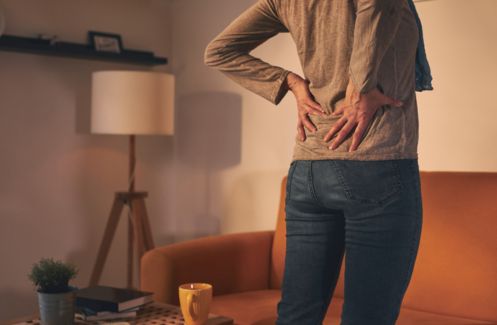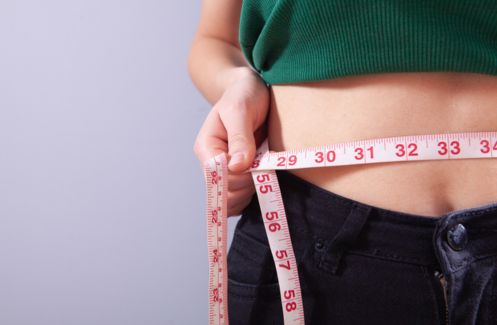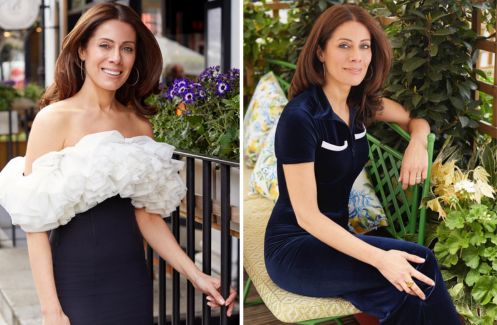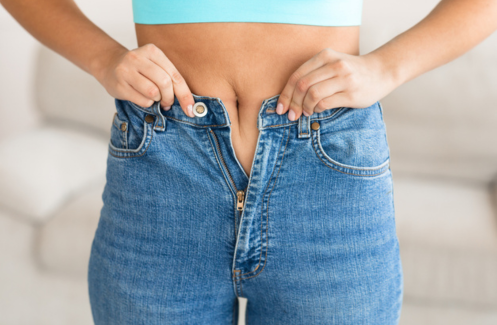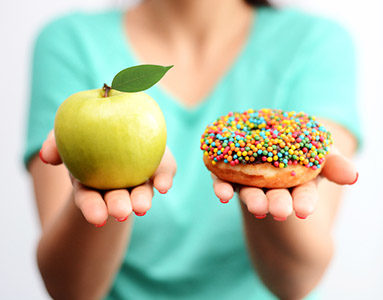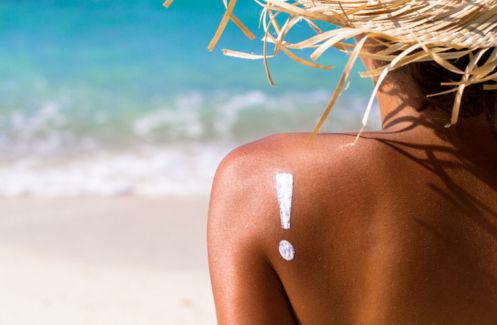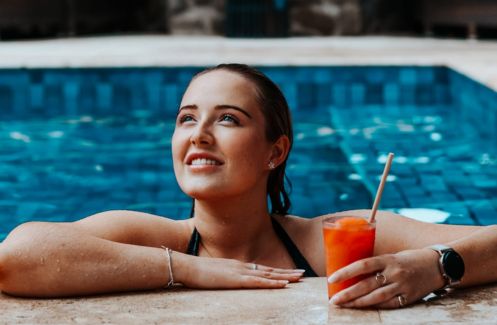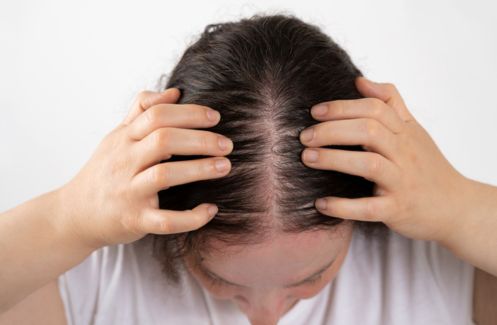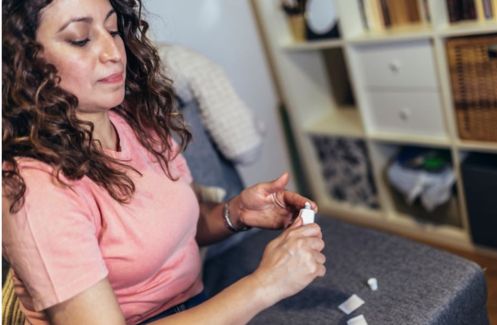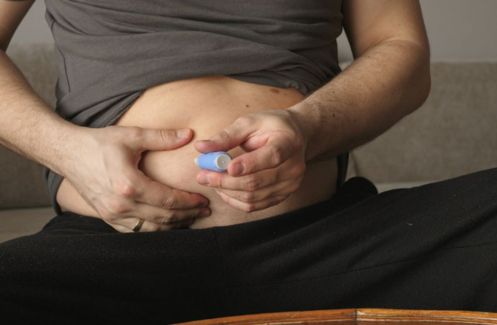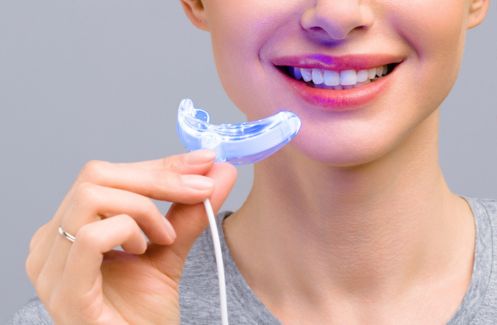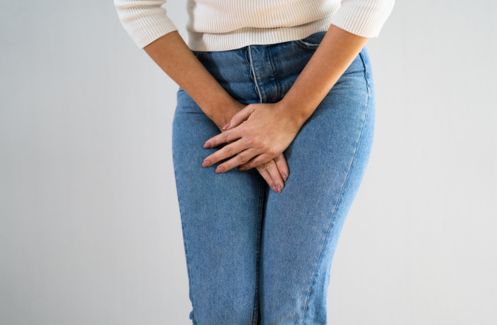Has Veganuary tempted you to try a vegan diet? Healthista’s No-Nonsense nutritionist May Simpkin brings you the 10 nutrients all vegans need to include in their diet
As a vegan, like vegetarians, you will not eat any meat, poultry, game, fish, shellfish or any animal by-products like gelatin. But it also extends to not eating dairy products, eggs or any other food that has derived from an animal.
In theory, as long as you are consuming all the nutrients you need, a vegan diet will be as healthy as any other. A vegan diet should include a balanced daily intake of wholegrains, legumes, nuts and seeds as protein sources as well as plenty of vegetables, fruits, berries and unsaturated fats.
as long as you’re consuming all the nutrients you need, a vegan diet will be as healthy as any other
However according to a new Finnish study, sticking to a balanced diet varies considerably amongst vegans; some following a balanced diet whilst in others, there were dietary deficiencies. The study found that typically, these deficiencies arose from an a diet that did not contain balanced protein sources, a low intake of berries, fruit and nuts as well a failure to consider nutrient fortified food products.
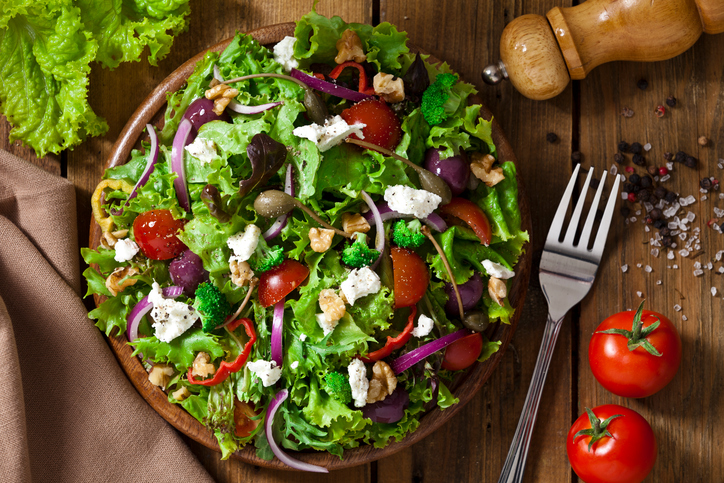
A healthy balanced way of eating relies on good planning and understanding of what your body needs and both vegetarians and more so, vegans, need to consider their diet carefully to ensure that they get all the nutrients they need for optimal health. Without planning and good choices, a vegan diet will not ensure all the necessary nutrients. That means a supplement should perhaps be considered.
The Finnish study found that vitamin D levels were found to be below the recommended values in a quarter of the vegan group, who also had low levels of beta-carotene, selenium, iodine and essential fatty acids than the control group following a non-vegetarian diet.
So let’s look at these, as well as other nutrients that vegans will need to consider to ensure optimal health.
Vitamin B12
Vitamin B12 is an essential vitamin for energy production and a deficiency can lead to anaemia, nerve damage, heart disease or pregnancy complications. It is only found naturally in foods from animal sources and as such sources are limited in a vegan diet.
Yeast extract, such as Marmite is fortified with B12 and ideal to use as a base for a stock or spread on avocado on wholegrain toast. Other nutritional yeast products, as well as some soya products are also fortified with vitamin B12. Include these fortified foods with every meal and check the labels to see how much you are eating.
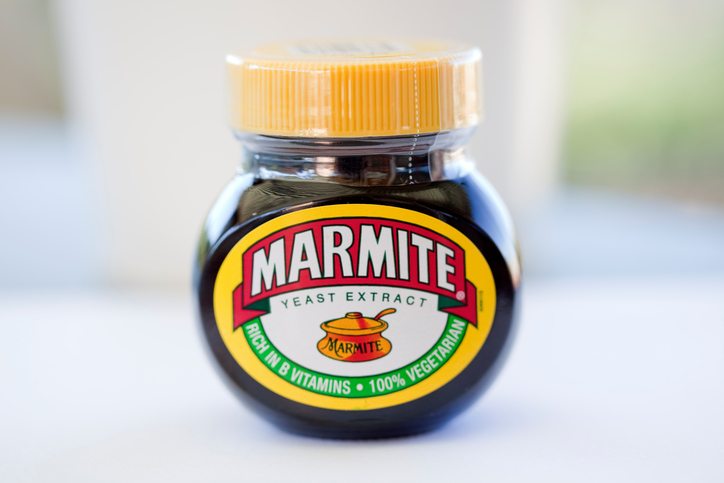
Recommended Daily Allowance: 1.5mg of Vitamin B12 a day. If you are not getting enough from fortified foods, then consider a supplement.
Supplement Dose Recommendation: 10mcg per day. Try Biocare Vitasorb Liquid Vitamin B12 £5.60.
Vitamin D
Vitamin D helps to keep your bones, teeth and muscles healthy. During the winter months, the body is unable to make vitamin D through the skin (from sunlight) and vegans are limited in their food sources as its present in egg yolks, oily fish and cheese – foods vegans don’t eat).
As such a supplement is recommended. It also plays an important role in immune health. Most of our vitamin D is obtained from sunlight but is also found in foods like those above as well as red meat and liver as well as some fortified fat spreads and cereals.
During the winter months, the body is unable to make vitamin D through the skin and vegans are limited in their food sources. As such a supplement is recommended.
Recommended Daily Allowance: 10-15mcg per day
Supplement Dose recommendation: up to 2000mcg per day. Try two sprays daily of BetterYou DLux 1000 £6.95 daily.
Beta-Carotene
Vitamin A is a fat soluble antioxidant vitamin that is essential for eye health and also plays a role in reproduction and immune health. Most foods contain its precursor, beta-carotene, which is converted in the body to vitamin A.
Beta-carotene can be found in bright orange foods like carrots, butternut squash and peppers. Animal products are a rich source of easily absorbable vitamin A and according to the Finnish study, those on a vegan diet were found to be deficient.
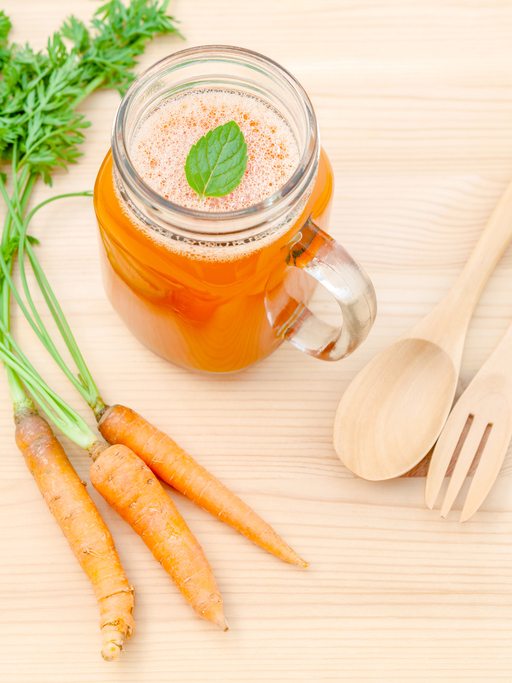
Supplement Dose recommendation: maximum 1.5mg in combination with dietary sources. Avoid if you are pregnant or considering pregnancy. Try Higher Nature’s Super Antioxidant Protection £8.05
Calcium
Calcium plays a key role in growth and development and is important in maintaining strong bones and the prevention of osteoporosis in later life.
Good vegan sources include dark green leafy vegetables but it is important to choose low oxalate varieties such as kale, bok choi, cabbage, rocket and broccoli. Oxalates bind to the calcium making them less easy to absorb by the body.
Take spinach. Although it contains high amounts of calcium, it also contains high oxalates, making it less bio-available for absorption in the body.
The good news is that, when compared to the calcium obtained from cow’s milk, these vegetables provide calcium that is more easily absorbed by the body.
Other good plant sources of calcium include wholemeal flour, fortified white flour, oranges, kidney beans, black-eye beans, chickpeas, almonds, sesame and tahini.
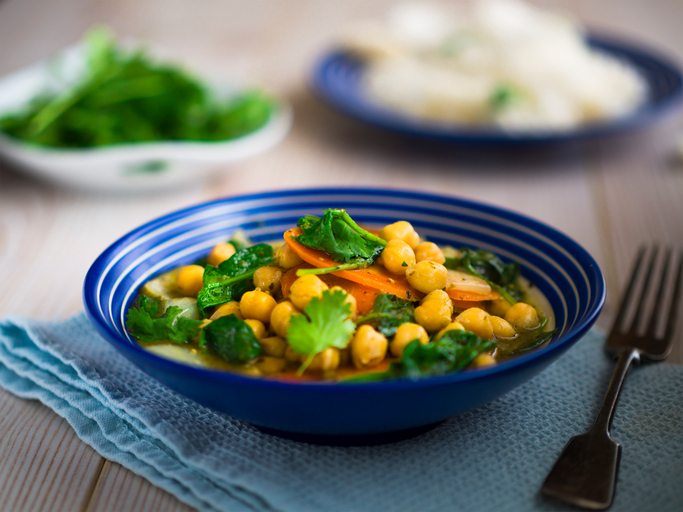
Supplement Dose recommendation: 200mg per day. Try Nutriadvanced calcium magnesium citrate £16.75.
Iron
Iron is essential for growth and development as well as ensuring our energy levels; it is needed to make
haemoglobin, the protein that transports oxygen from the lungs to the rest of the body.
Meat is a prime source of iron but vegans can obtain good iron levels from plant sources, such as spinach, kale, lentils, beans, spinach, kidney beans, nuts and raisins.
It is worth noting that including foods rich in vitamin C alongside iron rich foods will help the body absorb the iron.
Good sources of vitamin C include broccoli, kiwi, tomato, parsley and oranges. Conversely, caffeine and tannins in tea can inhibit the body’s absorption of iron so avoid drinks like tea or colas with a meal.Try this Red lentil and tomato soup for a perfect combination of iron rich lentils and vitamin C.
Recommended Daily Allowance: According to the Department of Health the RDA is 8.7mg-14.8mg a day, dependent of factors such as menstruation.
Supplement Dose recommendation: Iron supplementation should be considered only after consulting with your doctor. A blood test will ensure the correct amount.
Omega-3s
These essential fats are anti-inflammatory and can protect against the risk of heart disease as well as
ensuring good nerve and skin health.
The most bio-available forms are DHA and EPA and these are found in abundance in oily fish. Vegan sources include flaxseed oil, rapeseed oil, soya oil, walnuts, chia seeds and avocados, although these will be in the form of alpha linoleic acid (ALA) which needs to be converted by the body to DHA and EPA for optimal use.
As long as you are eating enough of these foods, it is likely you will be getting enough EPA and DH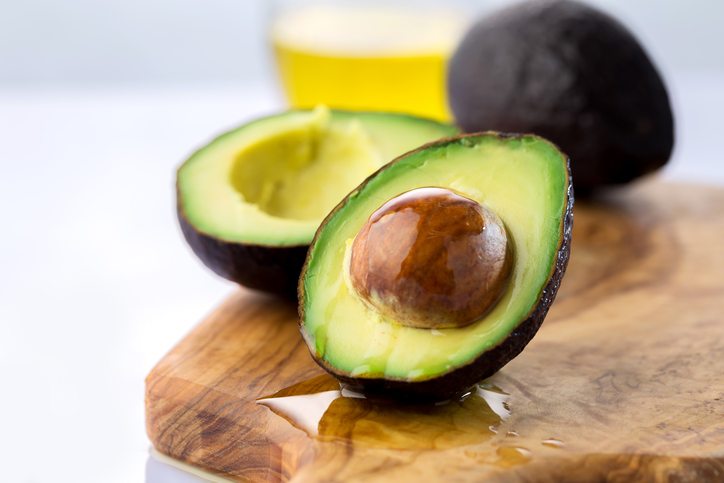
Recommended Daily Allowance: 1,00mg ALA per day
Supplement Dose recommendation: 200-400mg of DHA. Try two capsules daily of Lifestream’s V Omega 3+Vitamin D Vegetarian Omega 3 £22.46.
Protein
Proteins are crucial for the muscle repair and for the production of enzymes, hormones and
neurotransmitters.
The body relies on the eight essential amino acids for function and these must come from the diet. From these the body can make up the remaining proteins to make up 22 in total.
Vegans must consume a variety of the protein foods to ensure a good combination of these essential amino acids. Vegan sources of protein include:
- Peas, beans and pulses; for example aduki beans, chickpeas, kidney bean and lentils
- Cereals and grains including oats, rice (especially brown), wheat, amaranth and quinoa
- Soya products such as tofu, tempeh, soya mince and soya milk
- Nuts, preferably almonds, peanuts, and cashews
- Pumpkin, sunflower and sesame seeds
It’s good to know that quinoa, amaranth, buckwheat and soya are all complete proteins and will provide the full complement of essential amino acids.
Supplement Dose Recommendation: You should be eating around one gram of protein per kilogram of your weight each day. If you’re struggling with good protein portions at every meal or have a higher protein need, if you’re an athlete, for example, a rice or pea protein supplement in powder form can be taken alongside other protein source to ensure all the essential amino acids. Try Healthista’s Lean Vegan Diet Protein made form rice and pea protein
Zinc
Zinc is an important nutrient for our immune system and is usually found in high quantities in meat and fish, although vegan sources are plentiful.
Fortified cereals, nuts, seeds and beans, tofu and tempeh all contain zinc. It is worth noting that plant foods, particularly refined grains like bread, pasta and rice are high in phytates, which can block zinc absorption. Increasing your zinc intake to account for this may be of benefit.
ZinRecommended Daily Allowance: 8-11mg per day
Supplement Dose recommendation: 8mg per day. Try Healthspan Zinc with vitamin C £10.49
Selenium
Selenium in a powerful antioxidant mineral that can help fight against free radicals and prevent cell damage.
It is also a crucial nutrient for thyroid health and a deficiency can lead to thyroid disorders.Selenium is readily available from a balanced vegan diet but the amount of selenium will depend upon the amount of selenium in the soil.
Brazil nuts are an excellent source of selenium but limit to eating a maximum of three or four a day, as an excess of selenium can be toxic. Beans and white rice are also good sources
Recommended Daily Allowance: 55mcg of Selenium per day. Adults should not exceed 600mcg per day.
Supplement Dose Recommendation: 40mcg per day
Iodine
Iodine is an essential component of thyroid hormones, but ensuring the correct intake for
optimal thyroid health can be tricky.
An excess can be toxic or deficiency can affect energy metabolism. It is usually consumed in eggs and dairy foods and some iodized salts but also found in plants, although this will vary depending on soil content.
Sea vegetables (seeweed or kelp) can vary greatly and are best avoided due to their high contents and possible contamination with toxins.
Switching to fortified salts would be sufficient if cooking from scratch, otherwise, a supplement can be considered.
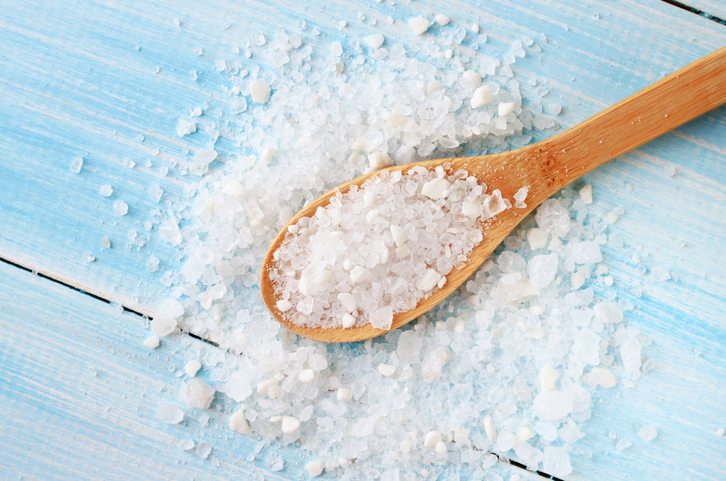
Supplement Dose Recommendation: 10mg per day
Read More:
5 vegan cake recipes with the wow factor
22 vegan protein protein sources and exactly how not find them
How these healthy Instagrammers get enough protein – even the vegans
Vegan baking tips for beginners
May Simpkin MSc P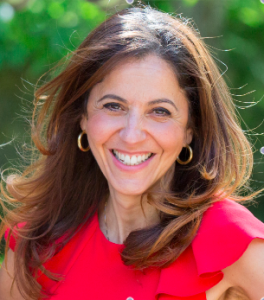
For more information on how to lose weight, nutrient rich recipes and ideas, visit www.maysimpkin.com or Follow May on Instagram: @maysimpkinnutrition or Twitter @MaySimpkin
Like this article? Sign up to our newsletter to get more articles like this delivered straight to your inbox.



